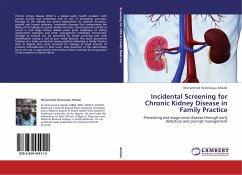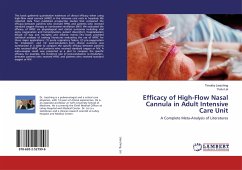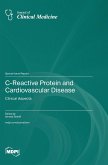There are many possible causes for kidney disease. Some of them lead to a rapid decline in kidney function (acute kidney disease, also called acute kidney failure). While others lead to a gradual decline in kidney function (chronic kidney disease which is also called chronic kidney failure). In addition to the kidneys inability to filter metabolites (such as creatinine and urea nitrogen) from blood, there is a decrease in their ability to control and distribute water in the body (fluid balance), electrolytes levels (sodium, potassium, calcium, phosphate) and acid in the blood.The persistent renal disease for a period of time often causes high blood pressure. In this book we find a high level of Hs-CRP correlated with heart problems also Hs-CRP has been correlated with the severity and prognosis of HF, as well as with response of HF patients to treatment. Independently of HF etiology (ischemic heart disease, idiopathic dilated cardiomyopathy, valvular heart disease), a higher hsCRP concentration is related to a more severe disease course, decreased left ventricle ejection fraction, worse quality of life and treatment effect.
Bitte wählen Sie Ihr Anliegen aus.
Rechnungen
Retourenschein anfordern
Bestellstatus
Storno








